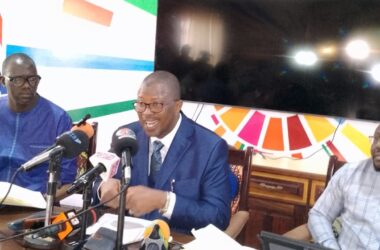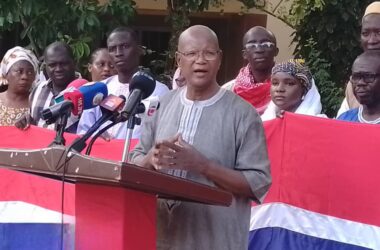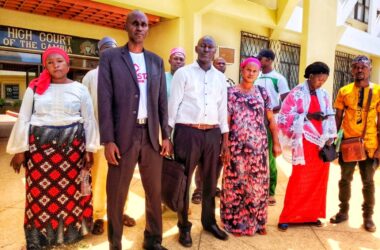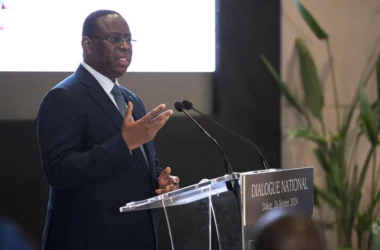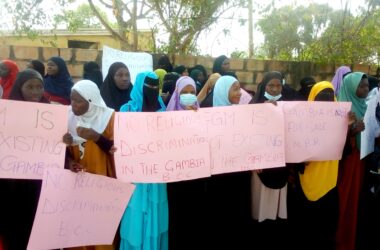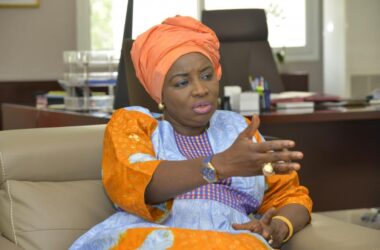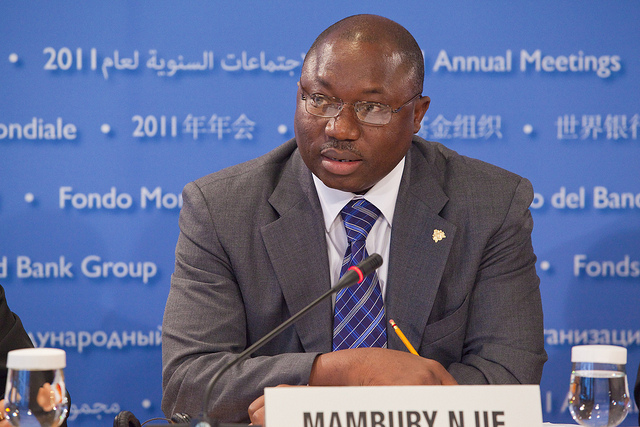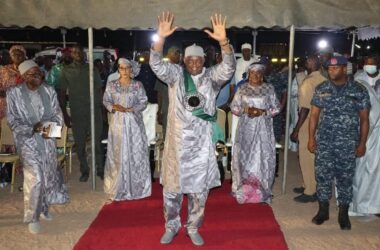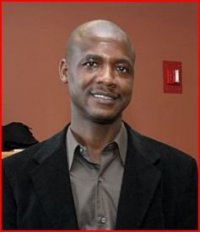
Mamudu: So, when you see our economists graduated from one the most prestigious universities in Europe and North America serving the Gambia ‘s Treasury, Central Bank and Ministry of Finance, they’re implementing ideas for the two twin brothers, the IMF and the World Bank, the Beijing Consensus, Paris Consensus and the Washington Consensus not economics for the Gambian people.
Mamudu: By the end of next month, we would have lost two years playing ‘Draughts or Ludo’ games with our collective destiny. Since January this year, politics of the power dynamism of Godfatherism and the godson, politics of bravado and branding, and appointments has been the only activity of interest to all of us.
Nothing has worked. Two Finance Ministers passed two budgets respectively in 2018/2019 and 2019/20, which no one has bothered to look at for implementation. Nothing has been made to work and none of us is worried. We carry on as if we have all eternity to do our bit and hand over the baton to the next leg in this relay race called life. We have wasted two years in the stupor of Change as if Change for its own sake is the goal of this democracy.
Mamudu: Those whose populist mantra in the years of struggle was reform of the structure of the country have since pressed the mute button the moment they hopped on the high horse of power.
The National Assembly members needed to look at its “structure of expenditure” if the immediate future would not be very bleak. “If you look at the budget, the bulk of government spending is recurrent; recurrent expenditure virtually 25 percent of the country’s annual overhead budget went to State house. You ask: What has changed?
Mamudu: Why should the National Assembly known for only doing what is right and is always right append their signatures to a document Gambians consider fraudulent or dubious or full of insertions or subtractions?
The National Assembly members supposed to reject and return the budget and not approved on what Gambians consider wrong. Approval should reflect their conscience and not their compulsion. Did the National Assembly Committee on Appropriations approved the adjustment in the budget in concert and concord with the Minister of Finance?
Mamudu: Discovering the economic truth comes first, but truth is of scant value unless the public and the government respect it and use it. And I believe that economists can do much more to improve economic understanding if they really give it the energy, resources and thought the job requires.
The fact that economics spits out cold, hard numbers doesn’t mean it produces the old hard truth: Therefore, economics and fiscal policy should be approached: as a helpful supplement to policy, not its entire basis. Economics is called a science but it’s really more of an art. Its numbers are estimates, arguments, and easily debated or disproved.
So, the next time the lawmakers and ministers point to Budget proposals to make their point, be skeptical. The fact that economics spits out cold, hard numbers should not fool Gambians that it produces the cold, hard truth.
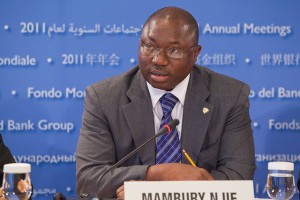
Mamudu: Let me tell you about this anecdote about Richard Wolff, a professor of economics, graduated from Harvard, Stanford and Yale. The elite of the elite. And then he turned into a Marxist economics. He was asked by journalist Bill Moyers: “Is [Marxist critique] the economy you were taught at these institutions to celebrate?”
Wolff answers: “No. This is the economics I came to understand as the reality. I learned a lot of things at those institutions, so it’s not that. It’s that in America, economics is almost a schizophrenic kind of pursuit.
There are two sets of functions performed by the economics departments, and then the other ones are called business schools. The job of economics is to rationalize, justify and celebrate the system, to develop abstract theories about how economics works, to make it look like it is a stable equilibrium that meets people’s needs in an optimal way.
But that’s useless to people who want to learn to run a business, because it’s a fantasy. If you want to learn about marketing or advertising or administration or personnel, go over there [to business]. Those [business] people teach you how the economy actually works, and how you are going to make decisions if you’re going to run a business.
So, I began to realize that ok, I’m an economist, but I want to understand how the real economy works. I needed to re-educate myself. I had to go to read things I was never assigned to read.
I began to ask myself what the critics of capitalism have to say, and it opened for me an immense door to insights that are invaluable. I have never forgiven my teachers for not having exposed me to that.”
Mamudu: Majority of Gambians are largely, fools when the executive and the legislature present budget allocations. Economics is an inexact science, as any honest economist will tell you. It’s based on unreliable numbers that measure relatively small swaths of the population. Whatever the number-unemployment, inflation, wages- it is almost always wrong the first time the government publishes them, and then it is revised later: once, twice, three times or more. The errors are usually large.

